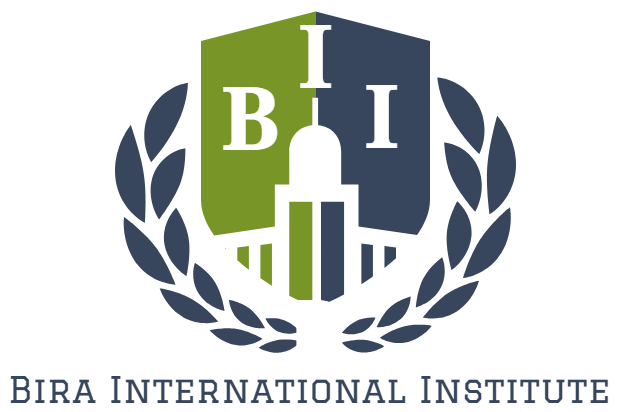Addiction is long-standing community issue however, it has been overlooked and is now considered an epidemic. There is a national shortage of qualified addiction counsellors that are competent and proficient enough to help people overcome problems associated with addiction.
People can be addicted to all sorts of things, from gambling, alcohol and drugs to shopping, stealing and sex – to name only a few. Thousands of people suffer from addictive behaviour and many want to seek professional help but have limited options. Therefore, students who will undertake this training are faced with a considerable demand for their services across social and economic classes.
This course will enable students to learn about the different types of addiction, causes of addiction and also gain the knowledge to offer appropriate therapeutic interventions and support to clients.
This course also offers an excellent opportunity to existing counsellors, social workers, community development workers, healthcare providers like nurses, doctors, community healthcare workers, public health workers plus educators who would like to specialise in the area of addiction and addictive behaviour. However, the course may also appeal to novices who are considering a career in addiction counselling.
All course materials will be delivered to you by post or via email, so it couldn’t be easier. Our experienced and friendly tutors will help you every step of the way.
You will have more than enough time to complete your course so you can work at your own pace. Completed coursework can be delivered by post or via email, so handing in an assignment is simple.
Assessment
This course is knowledge-based, however, it includes a practical aspect so that you can demonstrate your newly-found skills. To meet the assessment criteria, you will be required to interact with several case study scenarios and provide a development journal of learning that will you to track and reflect on the ways you have applied your counselling skills in your everyday life or social care setting. This is so your assessor can see how you apply your knowledge to different situations, which will, in turn, help you confidently practice your skills in the future.
Additionally at the end of every unit, you will undergo assessments to gauge your understanding and readiness for each next unit. Also putting theory into practice is central to gaining competency in addiction counselling skills therefore students are advised to implement the knowledge and skills learnt in their work settings.
IAOTH Accreditation
This course is approved and accredited by IAOTH (International Association of Therapists), an independent international professional body and register for counsellors, coaches, psychotherapists, hypnotherapists and various fields. IAOTH endorsement involves robust and rigorous quality audit and review to ensure quality is continually met.
On completion of this course you will gain membership with IAOTH as an accredited practitioner and enjoy benefits such discounted membership and promotion of your skills on the IAOTH online directory. You will also be able to practice at an international level.
Certificate on Completion
The certificate successful learners receive will also have the logo of the IAOTH as the accreditation Organisation along with the full qualification title.
For more details please contact us ;
Email: info@biiopenlearning.com or biiopenlearning@gmail.com
Messenger: Bira International Institute
Facebook: https://www.facebook.com/Bira-International-Institute-787849574904015
Facebook text message: m.me/787849574904015
-
Enroll Today to gain access to the curriculum and learning resources
Apply Online or Email: biiopenlearning@gmail.com, Messenger: Bira International Institute, Face book: https://www.facebook.com/Bira-International-Institute-787849574904015, Face Book text message: m.me/787849574904015
-
Unit One: Introduction
You will be learning what addiction is and its impact on families and society at large.
-
Unit Two: Models of Addiction
In this unit, you will learn about the main models of addiction thus the medical model and social model.
-
Unit Three: Understanding Addiction
Behavioural scientists believe whenever a behaviour turns into an obligation it becomes an addiction therefore all entities that capable of stimulating a person can be addictive. In this unit, you will learn the difference between substance addiction and behavioral addiction
-
Unit Four: Warning Signs of Addiction and Dependence
Warning signs can manifest differently in individuals however, there are common signs that can be easily noticed or experienced on a personal level. You learning the warning signs of addiction as well as indications of dependence.
-
Unit Five: Treatment of Addiction
The major treatment approaches to addiction are pharmacology and counselling, in this unit you get a better understanding of how these treatment approaches are delivered
-
Unit Six: Counselling Skills
Main aspects in the delivery of addiction counselling will be covered in this section. You will learn a lot about counselling, the qualities of a counsellor and effective counselling in addiction. We will also talk about solution focused approach in addiction treatment and the delivery of individual counselling & group counselling.
-
Unit Seven: Putting Theory into Practice
Since you have gain a better understanding of addiction counselling, its time to learn about the professional ethics and clinical practice in addiction counselling

